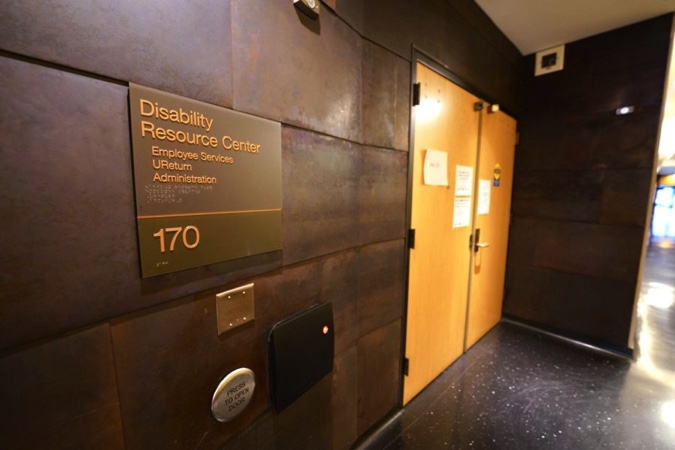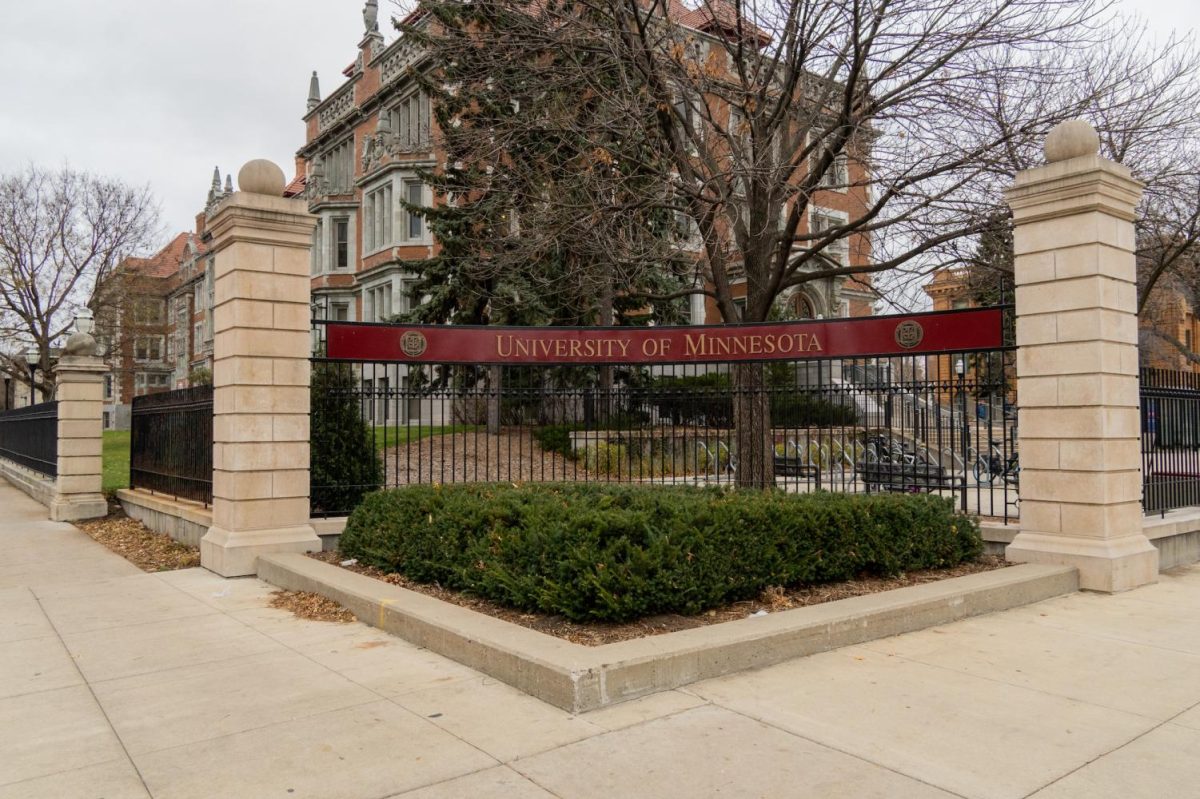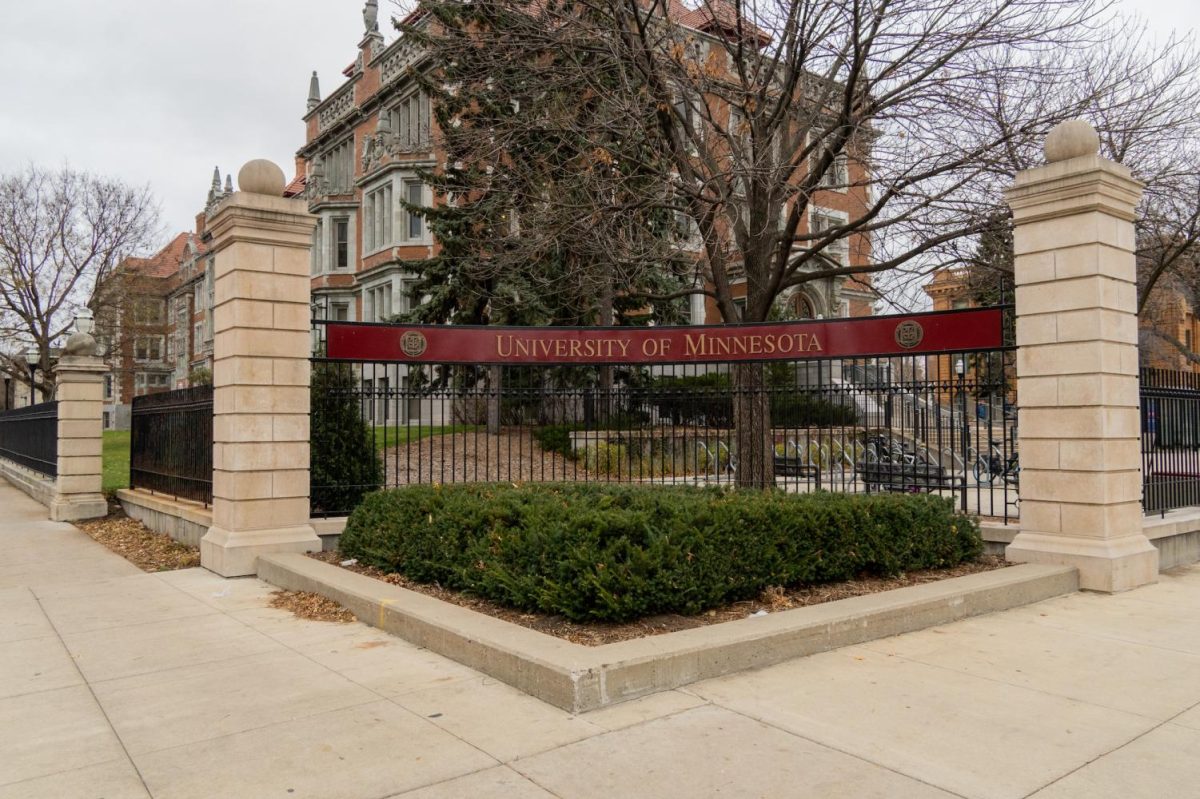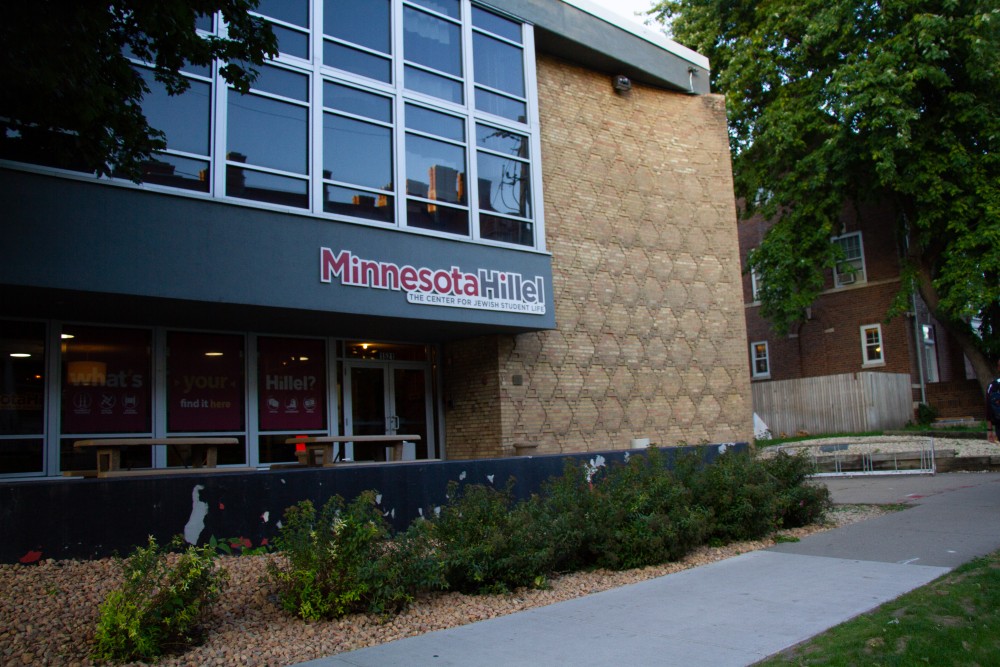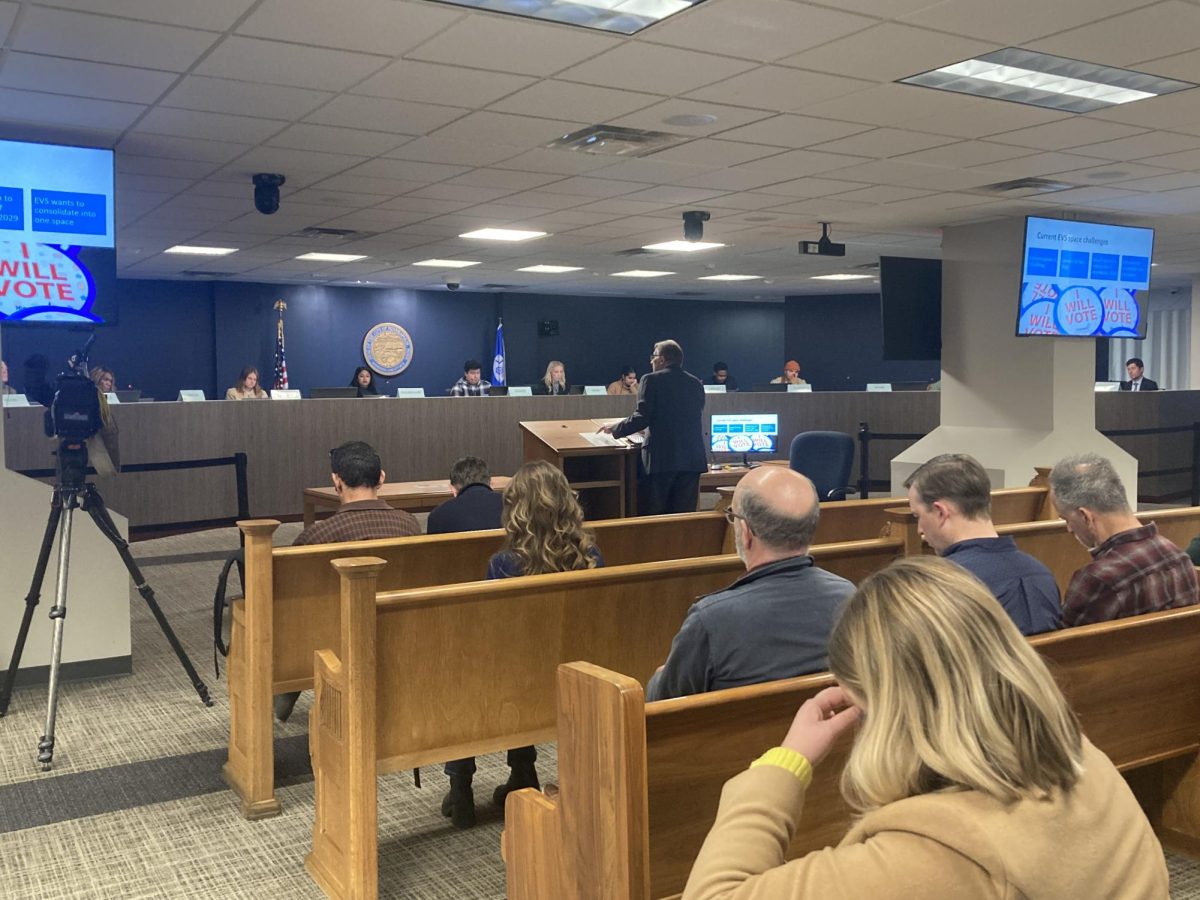The Disability Resource Center (DRC) has offered accommodations across campus for decades and serves as a great resource for students with ADHD at the University of Minnesota.
Of the over 4,000 students receiving aid from the DRC this semester, 1,500 receive accommodations specifically for ADHD, according to Cynthia Fuller, associate director of student services at the DRC. ADHD became a larger focus of the DRC when the Amendments Act of 2008 was passed by Congress which broadened the Americans with Disabilities Act’s definition of a disability to include non-physical disabilities.
According to Boynton Health’s College Student Health Survey Report in 2021, 9.7% of the 1,881 Twin Cities campus students surveyed reported receiving a diagnosis of Attention Deficit Disorder (ADD) once in their life and 5% reported being diagnosed in the past 12 months.
In recent years, ADD and ADHD have been classified as two different mental health disorders but have now merged into one overarching term which is ADHD, according to the latest version of the Diagnostic and Statistical Manual of Mental Disorders.
According to Damien Fair, co-director of the Masonic Institute for the Developing Brain, ADHD is among the world’s most prevalent mental health conditions. Symptoms include inattentiveness, hyperactivity and impulsiveness that occurs in multiple contexts such as class or work.
The disorder is diagnosed when ADHD symptoms begin to affect daily life which usually starts in childhood and can be lifelong. The symptoms are different for every patient, and the institute’s research aims to understand this variability to strengthen existing interventions.
Unlike a physical ailment with obvious symptoms, ADHD often leaves no physical signs, Fair said, which makes diagnosing the disorder especially challenging.
One of the institute’s current studies is called the Healthy Brain and Child Development Study. This research is preventative and aims to identify early markers of ADHD and other neurodevelopmental conditions.
Accommodations for ADHD commonly include time extensions for exams, quieter space for exams and note taking supports such as using a tablet instead of a notebook.
The DRC’s tech department also helps students by giving them access to an app called Read and Write which helps students with slower processing times by reading works aloud to them.
Fuller said these accommodations are meant to help students get work done, not give them an excuse not to work. The accommodations are more focused on how a student manages to get work done rather than the work itself, according to Fuller.
The accommodations themselves are created through a mix of student feedback and professional development meetings, Fuller said.
Fuller added students with a disability who are interested in getting accommodations must first meet with an access consultant.
At this meeting, the student and consultant will discuss what areas the student succeeds in and what areas the student needs accommodations. From there, the student and consultant choose relevant accommodations with an accommodation letter being created to officially outline the student’s needs, according to Fuller.
Fuller said it is the student’s responsibility to share the letter with their instructors.
Faculty also play a role in helping students with ADHD and disabilities because they are required to complete the Fundamentals of Disability Accommodations and Inclusive Course Design.
The course teaches faculty how to foster an inclusive environment and the accommodations process, and students are encouraged to access the course themselves. It is available through the Training Hub, the University’s online system for managing optional and required training.
Looking ahead, the DRC is currently developing a module for students to teach them about disabilities and inclusivity on campus, Fuller said. Students with ADHD who are struggling academically are encouraged to utilize resources from the DRC.
“There’s been research that shows that there’s a lot of creativity, a lot of strengths in connecting and being compassionate with others,” Fuller said. “There are just so many strengths that people with ADHD may have.”
This story has been corrected.


